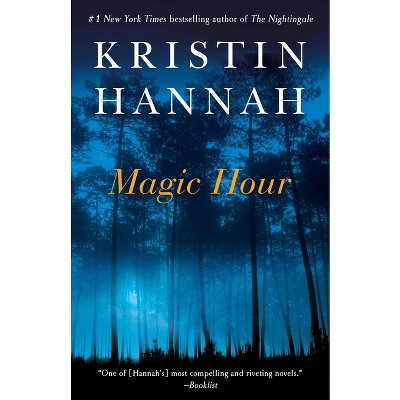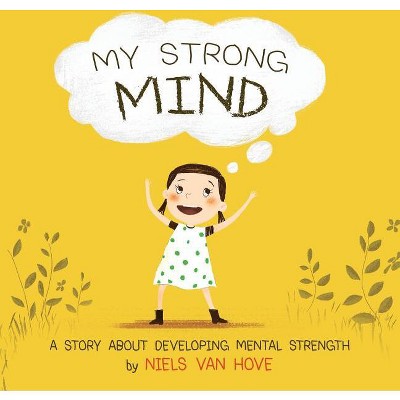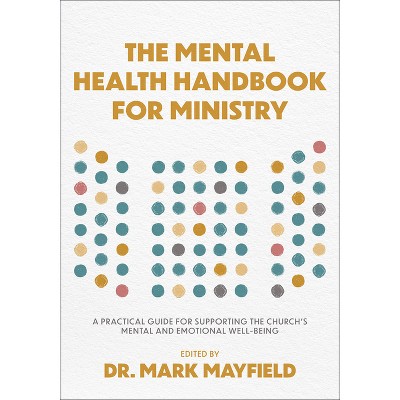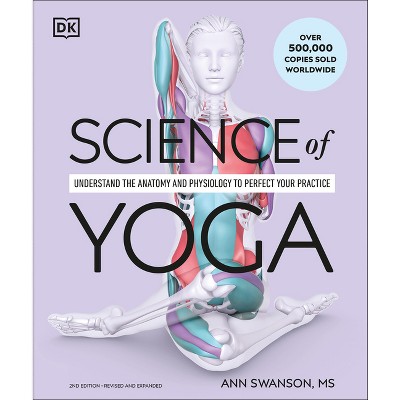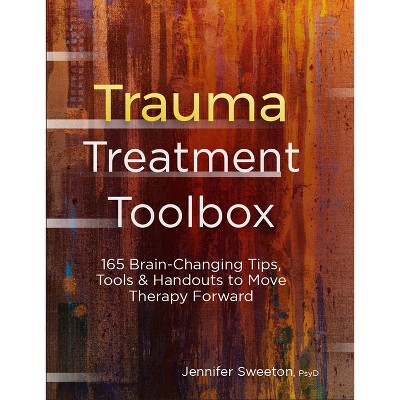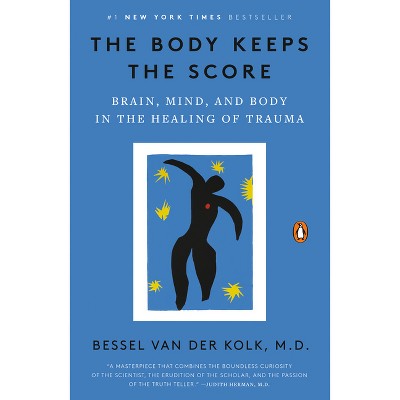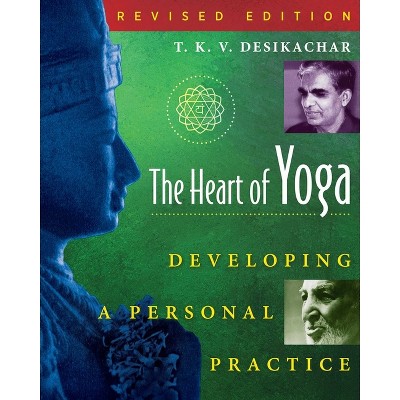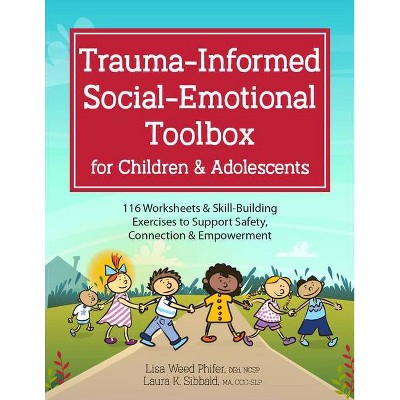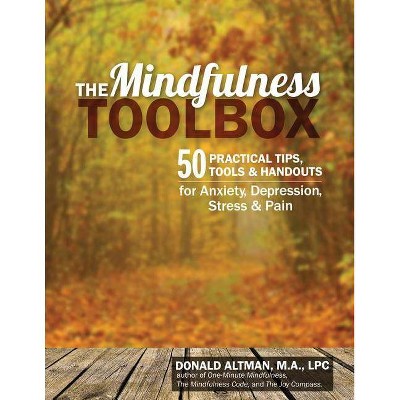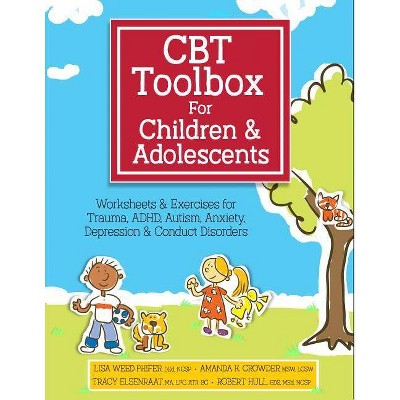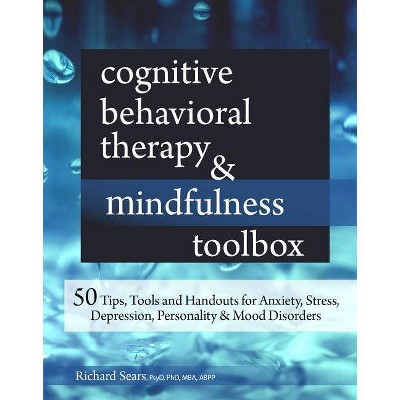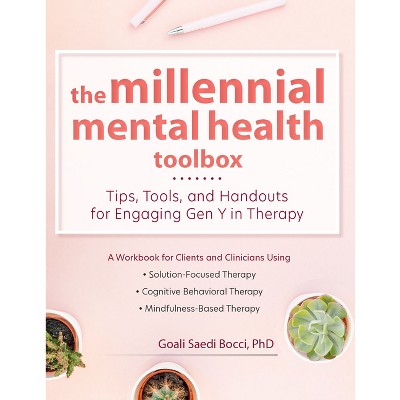Sponsored

Trauma Informed Yoga - (Trauma-Informed Yoga) by Joanne Spence (Paperback)
In Stock
Sponsored
About this item
Highlights
- Although many forms of trauma treatment rely solely on talk therapy as a means of healing, we cannot "talk out" every issue related to trauma.
- About the Author: Joanne Spence, MA, E-RYT 500, C-IAYT, is a recovering social worker and certified yoga therapist.
- 212 Pages
- Psychology, Psychopathology
- Series Name: Trauma-Informed Yoga
Description
About the Book
"Although many forms of trauma treatment rely solely on talk therapy as a means of healing, we cannot 'talk out' every issue related to trauma. Indeed, trauma is stored in the body and the brain and must be treated as such. Designed with both mental health clinicians and clients in mind, Trauma-informed yoga offers 47 short, simple practices that regulate the autonomic nervous system, calm the racing mind, and center those of us living chaotic 21st century lives"--Back cover.Book Synopsis
Although many forms of trauma treatment rely solely on talk therapy as a means of healing, we cannot "talk out" every issue related to trauma. Indeed, trauma is stored in the body and the brain and must be treated as such.
Designed with both mental health clinicians and clients in mind, Trauma-Informed Yoga offers 47 short, simple practices that regulate the autonomic nervous system, calm the racing mind, and center those of us living chaotic 21st century lives.
Drawing from over 20 years of teaching and clinical practice, Spence masterfully weaves together the ancient wisdom of yoga with modern neuroscience and clinical practice in an accessible and compassionate manner.
This how-to toolbox will arm you with knowledge and with powerful, yet simple, mind-body activities that reduce suffering and increase well-being.
Review Quotes
A must-have for therapists seeking an embodied approach to healing, Trauma-Informed Yoga: A Toolbox for Therapists is a wonderfully practical book. Joanne Spence distills her decades of personal practice and yoga teaching experience into deeply informed, yet delightfully clear and accessible, yoga tools. A comprehensive guide, she offers 47 separate practices that you can use with your clients. In part 1, yoga is demystified as Joanne explains how yoga works with the nervous system to help your clients befriend and connect with their bodies to self-regulate. In part 2, she details calming, balancing, and energizing practices designed to prescriptively address your client's in-the-moment needs. Each practice comes with a script and very specific instructions that will empower you as a therapist. Trauma-Informed Yoga: A Toolbox for Therapists is an essential resource for therapists like me who know that true healing only happens with the body as an integral part of the process.
Catherine Cook-Cottone, PhD, RYT, Professor of Counseling, School and Educational Psychology at the State University of New York at Buffalo and author of four books on mindfulness and embodiment in mental health treatment
In Trauma-Informed Yoga: A Toolbox for Therapists, Joanne Spence provides an accessible manual of practices that efficiently restore the nervous system's capacity to regulate mental and physical states. Successful treatment of trauma requires a personal resource to self-regulate one's physiological state and to be accessible to be co-regulated and to co-regulate others. This succinct volume provides an effective and efficient toolbox for therapists working with clients who have survived trauma. It provides detailed instructions for therapists on how to implement specific practices to help their clients regulate their physiological state and to effectively shift from states of threat and defense to states of accessibility and connectedness. The author's own words summarize the power of her contribution: "If trauma is about rupture, then yoga is about connection, integration, and unity." The book reinforces the view that yoga practices provide an important treatment modality for survivors of trauma by providing accessible tools that support well-being and human flourishing.
Stephen W. Porges, PhD, Distinguished University Scientist, Founding Director, Traumatic Stress Research Consortium, Kinsey Institute, Indiana University Bloomington, Professor of Psychiatry, University of North Carolina at Chapel Hill
Joanne Spence has written a magnificent book for mental health care providers, yoga students, and teachers, as well as certified yoga therapists. The book helps us learn how to provide excellent trauma-informed yoga to our clients. Spence offers one of the most clean and concise explanations of polyvagal theory as it applies to yoga and yoga therapy that I have seen in the field. The book finishes with many examples of simple, slow, mini-practices that can be done all day long to soothe and restore our nervous systems. It is clear that she has linked (or yoked) deeply with the topics of trauma, yoga, and what it means to be human. Spence is the author that all of us dream of becoming. She is completely absorbed with the mind of the reader as she writes, which turns out to be a very yogic way of writing. I will definitely use this book in my courses, as it takes difficult concepts and makes them easy to understand for yoga teachers, therapists, mental health care providers, and their clients.
Amy Wheeler, PhD, Professor of Kinesiology at California State University San Bernardino, Past president of the International Association of Yoga Therapists
About the Author
Joanne Spence, MA, E-RYT 500, C-IAYT, is a recovering social worker and certified yoga therapist. She has a Social Work degree from James Cook University and a Master of Arts from Pittsburgh Theological Seminary. She is the founder and executive director of Yoga in Schools and Urban Oasis Pittsburgh.
Joanne trains and teaches all sorts of amazing people, both nationally and internationally, in yoga. She has taught yoga in prisons, hospitals, schools, churches, and sometimes on street corners. She specializes in working with adults and children who are experiencing chronic pain, trauma, depression, anxiety, ADHD, and insomnia.
Joanne is the author of soon-to-be released book "Trauma-Informed Yoga: A Toolbox for Therapists: 47 Simple Practices to Calm, Balance, and Restore the Nervous System" (PESI, Mar 2021). She has also co-authored several published articles as well as a chapter in "Stories of School Yoga: Narratives from the Field," and she was a contributor to "Best Practices for Yoga in Schools." Joanne likes nothing more than to demonstrate the inclusive nature of yoga practice; if you can breathe, you can do yoga.
Joanne has been married to Doug for over thirty years. Together, they have three adult children, all of whom practice yoga! When she is not teaching, Joanne loves to read, write, hike, travel, cook, and even dance a little--just not all at the same time.
Visit her website at joannespence.com.


